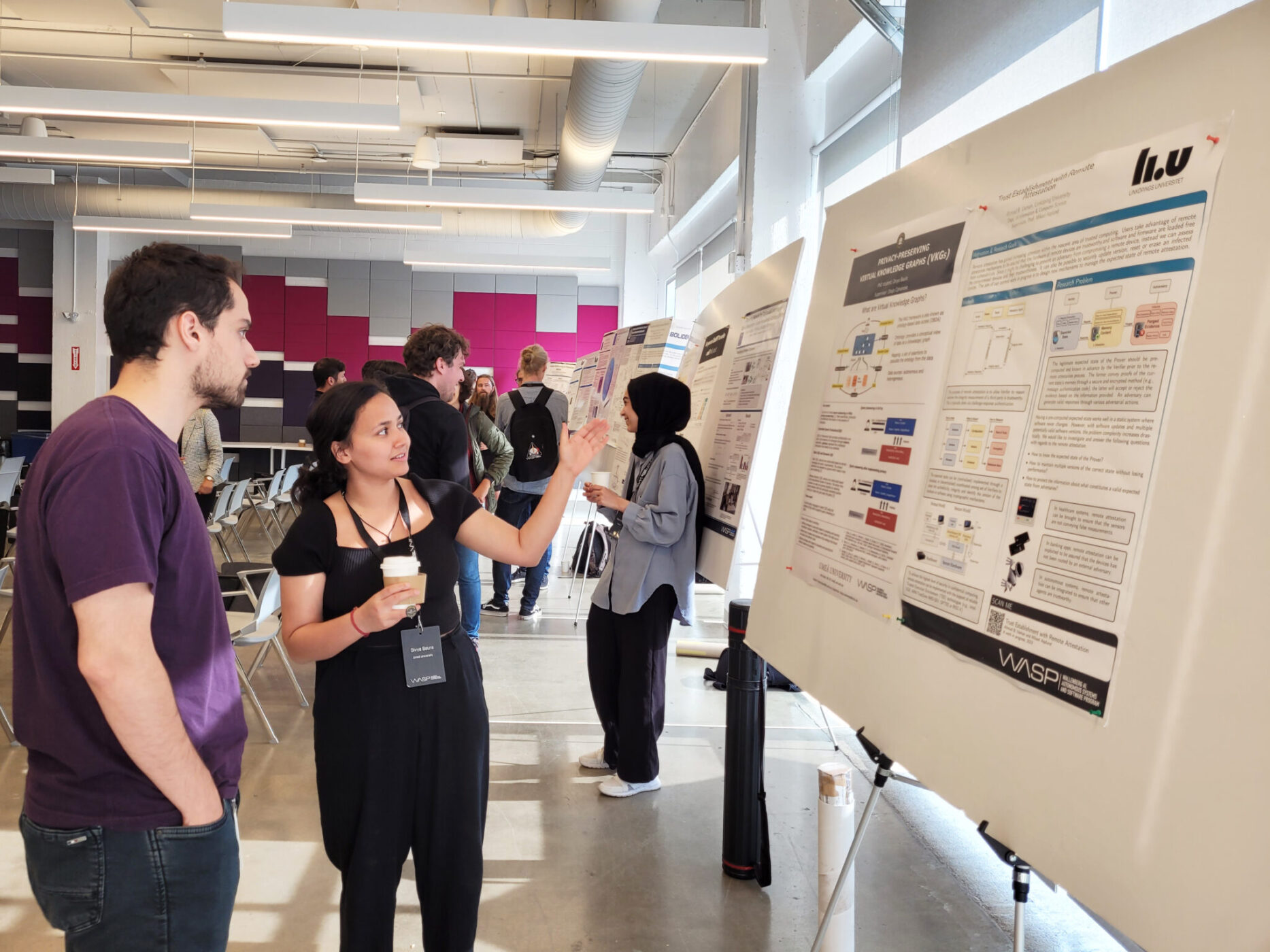Four cities in eastern Canada in five days. It was an intense, yet inspiring week, for the 39 WASP PhD students that participated in the September study trip to Canada. Central themes throughout the trip were trustworthy AI, AI for good, and knowledge and tech transfer between academia and industry.
The purpose of the trip was to give a glance of the Canadian AI ecosystem and to connect with professors and other PhD students at the hosting institutions.
“I would say that the best thing about the trip, apart from strengthening the network between the WASP-students, was that we had the chance to meet people from so many different universities and organizations. The trip gave us a very good picture of how the ecosystem of AI-related research is structured in Canada and it gave us many possible points of contact for future collaborations”, says Frida Norlund, industrial PhD student at Lund University and Boliden.
Montreal to Ottawa
In Montreal, one of the world’s strongest AI ecosystems have been built up. In the centre of success is Mila, who hosted the first visit. Mila is an AI research and innovation hub, gathering a community of more than 1000 researchers and students and many industrial partners.
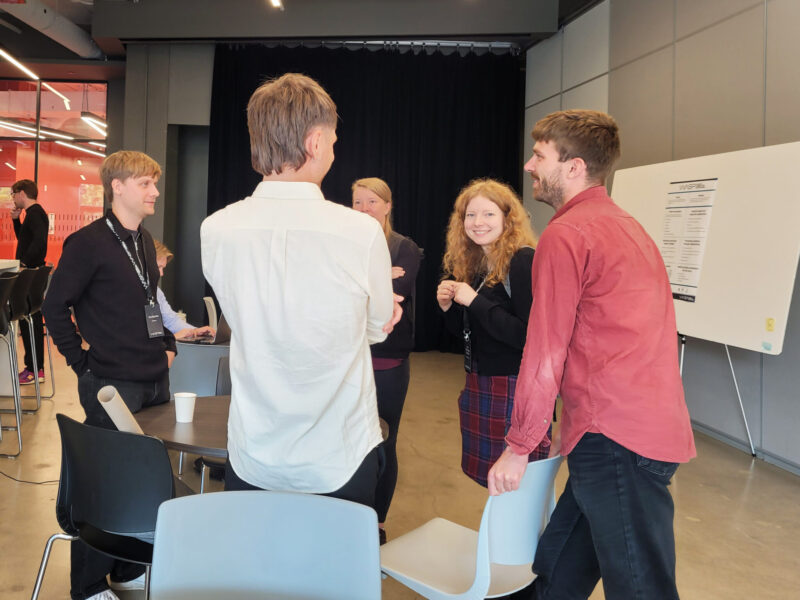
WASP PhD students at Mila.
Josef Bengtsson, WASP PhD student at Chalmers University, felt inspired by the visit to Mila where he tied new connections:
“It was very interesting to learn more about the research they are conducting on AI for climate and sustainability. They presented an interesting depth and innovative methods in their research. It was a good mix of foundational research with important application areas. To see the scale of AI research going on there was impressive. I also shared contacts with one of their students who were in an adjacent field to mine. I’m looking forward continuing our dialogue.”
The second stop on the trip was Ottawa University and the Faculty of Engineering. Through research workshops and a poster session the students got to interact with professors and other students. The day was concluded with a panel discussion on AI trustworthiness and responsibility in which WASP professors Amy Loutfi and Christian Berger participated together with Canadian industrial and academic representatives.
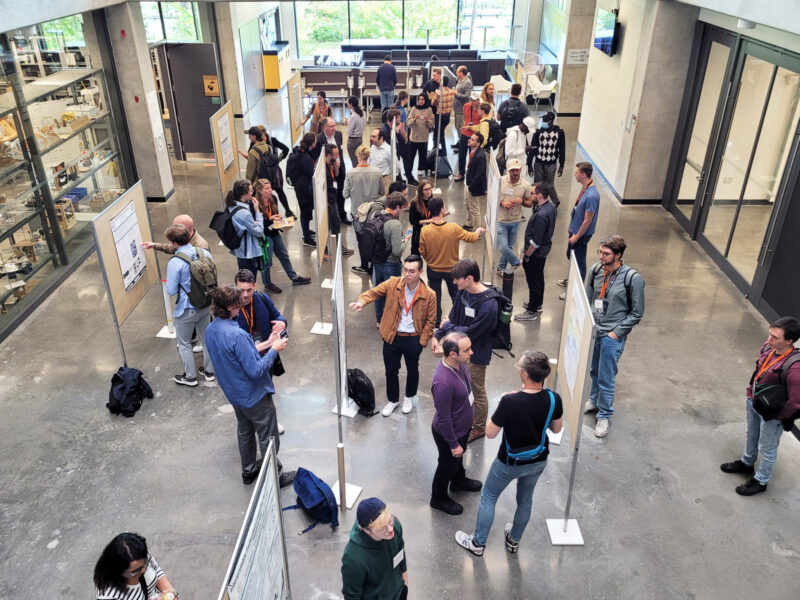
Poster session at University of Ottawa.
Full day at the robot lab
The robot lab of Ingenuity Labs, Queen’s University in Kingston, was transformed to a conference venue when they stood host of the WASP group. PhD students both from WASP and Ingenuity Labs exhibited posters which were well visited. In addition, they were invited to engage in two group exercises. First, they were given the task to discuss how AI can aid in reaching the UN global sustainability goals. Second, they had a debate for and against AI within various ethical and societal challenges. A total of eight groups was formed and a lot of interesting ideas were presented.
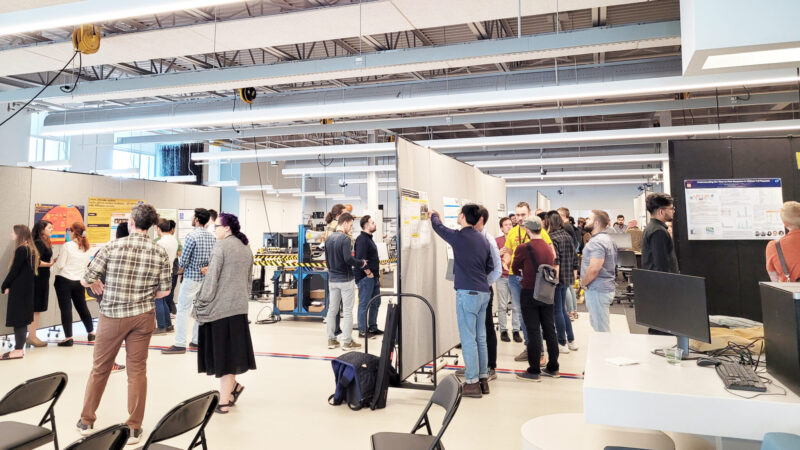
Poster session at Ingenuity Labs, Queen’s University.
According to Frida Norlund, Ingenuity Labs was very welcoming to the group and the program was well structured:
“The program for the day gave us both a valuable insight into the research at the labs and the opportunity to discuss research and network with a lot of the students performing their research in the labs. The fact that so many of their PhD-students were participating during the full day made it a very positive experience. One thing that stood out at Ingenuity Labs compared to the other places was the poster session: I think that the mix of our posters and theirs was a good way to give both groups of PhD-students a good initiative to engage in the interactions and it inspired a lot of good discussions.”
The Canada visit concluded in Toronto. At a visit to University of Toronto, the WASP group met representatives from the university and from Vector Institute and listened to presentations about the Toronto ecosystem and ongoing AI research projects.
Additional pictures from WASP Study Trip to Canada
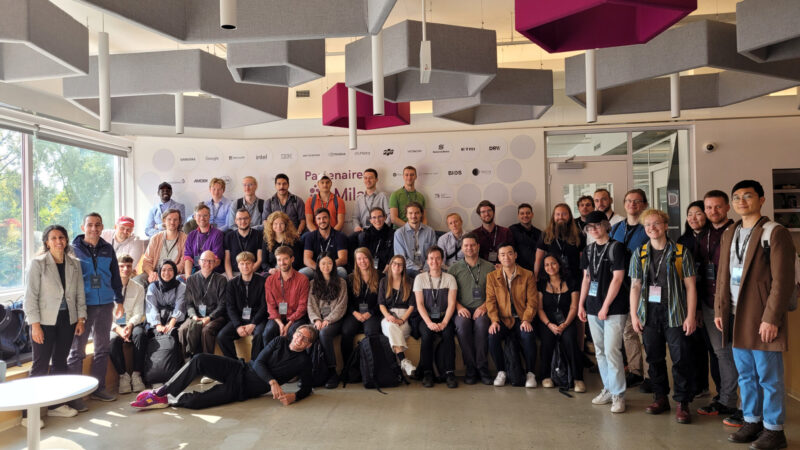
The WASP delegation at Mila.
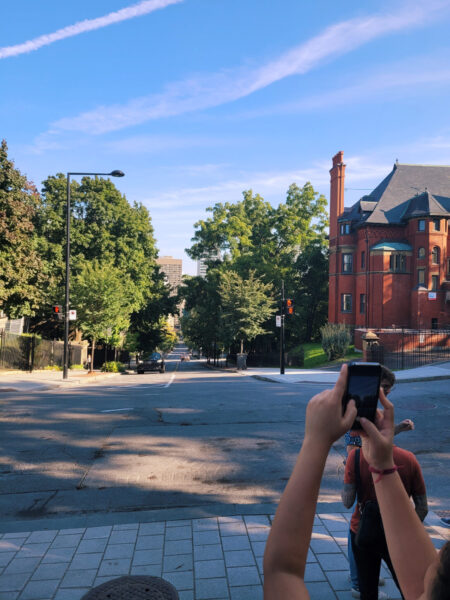
Montreal street view.
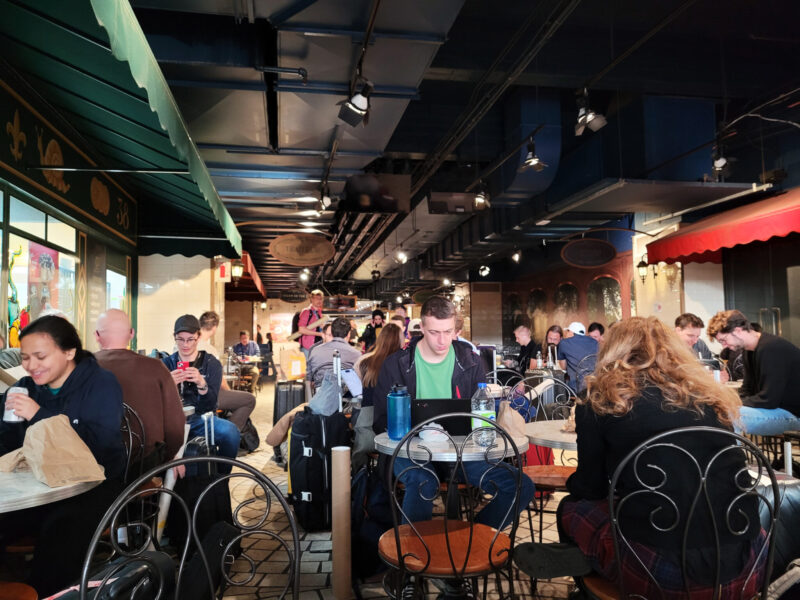
Waiting for the train from Montreal to Ottawa.
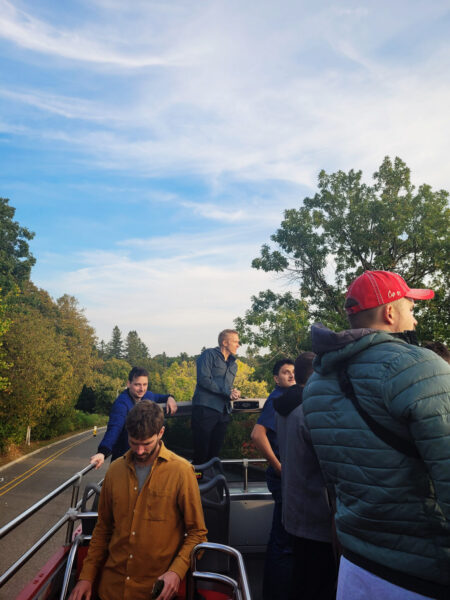
Bus tour in Ottawa.
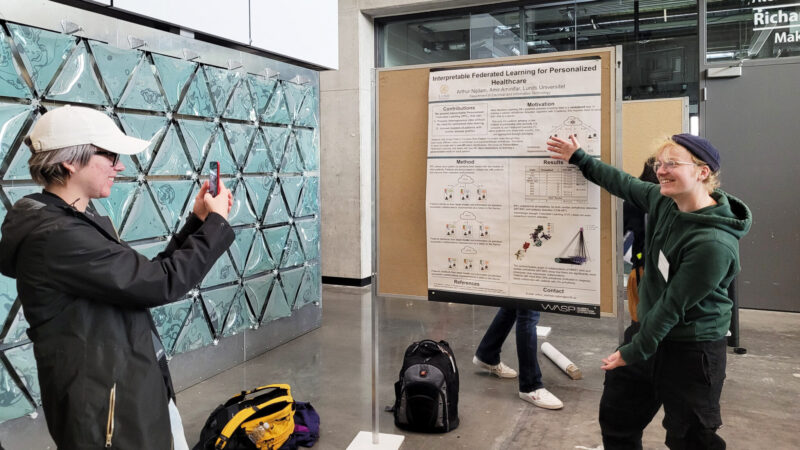
Preparing the poster session at University of Ottawa.
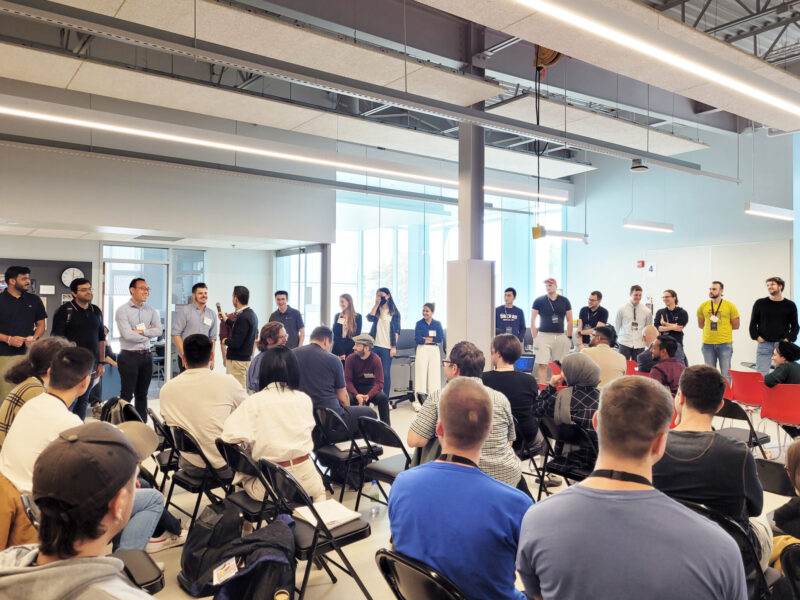
Poster pitches at Ingenuity Labs, Queen’s University.
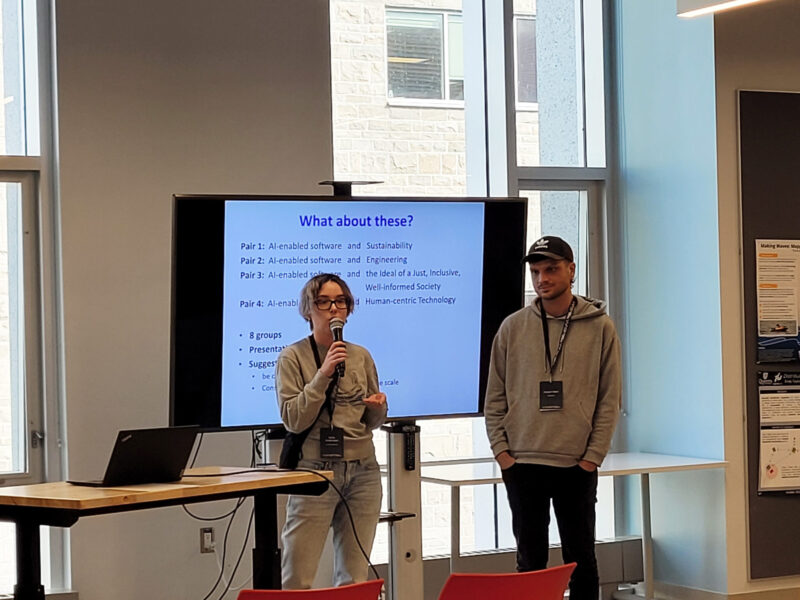
Friend or Foe? Debating the role of AI and Robotics with regards to ethical and societal dilemmas.
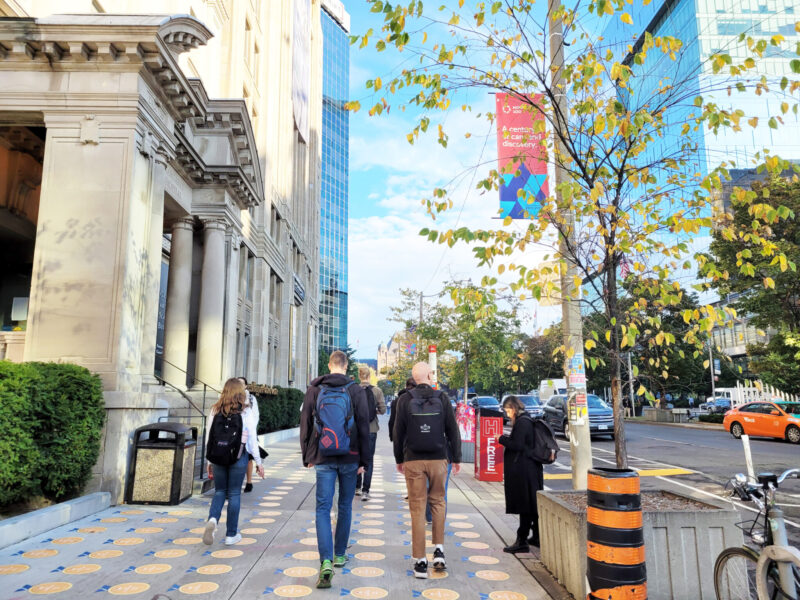
Morning walk in Toronto.
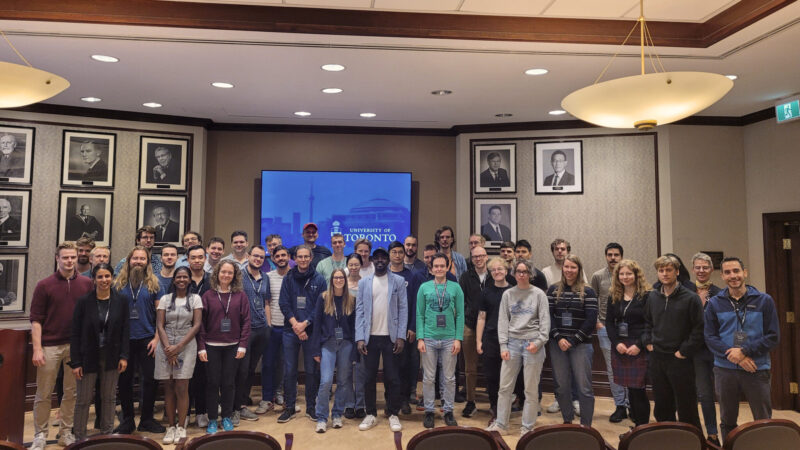
WASP delegation and hosts at University of Toronto and Vector Institute.
WASP Graduate School Opportunities
Published: October 6th, 2023
[addtoany]

